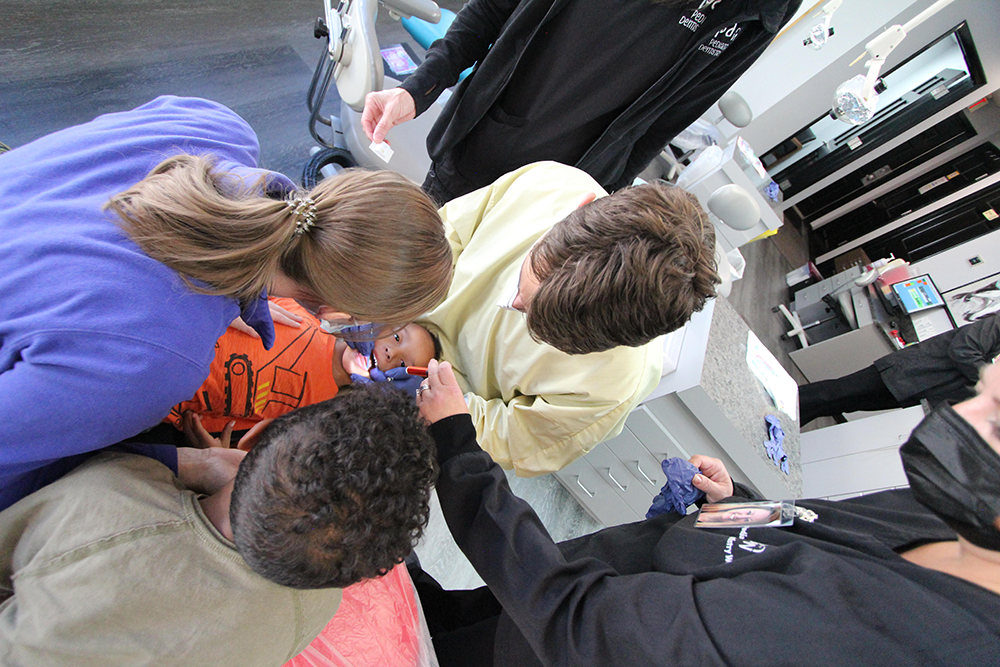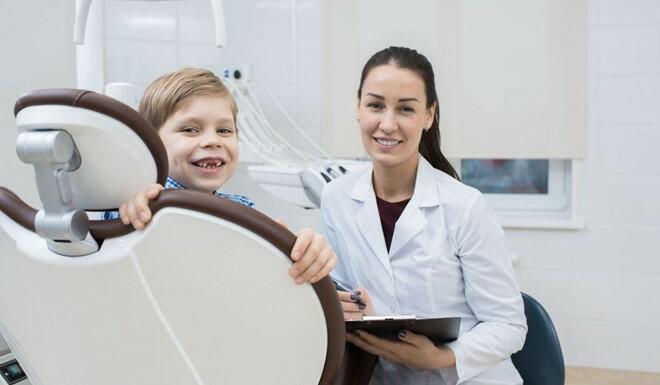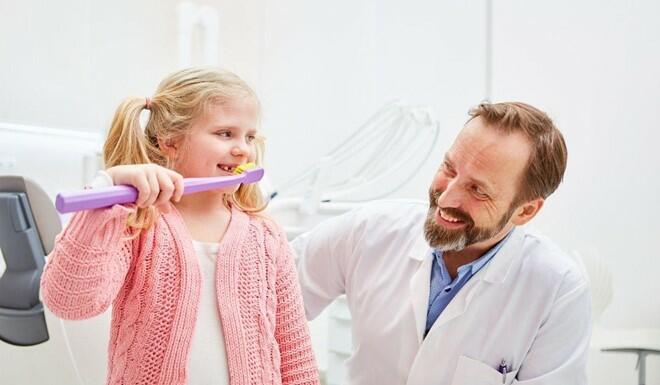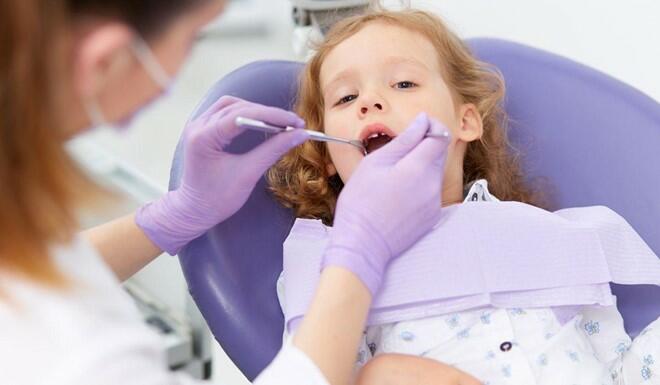It can be challenging for parents to find a pediatric dentist who fits the varied needs of their little one’s oral health. Some kids cannot find comfort in places where others can. Children’s dentists also understand this issue between parents and their children, so they decorate their offices to suit each child’s mood. They understand how having to look at the dentist’s instruments, and equipment can mess with children’s minds, making them avoid their regular appointments or cause them to act irrationally. Because of this, they tend to have kid-friendly clinics.
” Your child’s teeth are so precious , Teach them dental hygiene!” – Children Dental Center Indianapolis IN
Article summary
- The essential brushing of teeth: why?
- A lost tooth cannot be remade!
- You have to brush methodically
- What about food? Does she play an important role?
- Fl Fluorine for dental care of your child: yes or no?
- When should you brush them- ask from Childrens Dentist Indianapolis IN?
- By the way, let’s have a consultation with the Pediatric Dentist Indianapolis IN!
The essential brushing of teeth: why?
The teeth have a hard shell which is the enamel. However how hard it may be, certain bacteria in the mouth can attack it and create cavities. Brushing reduces this risk by decreasing bacteria’s ability to act.
A lost tooth cannot be remade!
As experts at Pediatric Dentistry Indianapolis IN said, dental hygiene can be learned just like personal hygiene. Brushing your teeth requires support, method, and regularity.
Your child should learn brushing techniques so that they can then brush their teeth on their own.
Brushing is a complex movement.
At first, you will brush his teeth yourself then, around eight years old (a child can brush his teeth properly on his own when he can tie his shoelaces or write 4 or 5 lines in handwriting attached in such a way. fluid), he can start doing it on his own. Progressive autonomy, never overnight; it is preferable to delegate brushing to him in the morning, then that in the evening, one evening out of 2, then two evenings out of 3 and, gradually, he will take the path of autonomy …
You have to brush methodically.
Brush thoroughly, from top to bottom. Count 15 round trips on the outside, on the top, and inside the teeth, and this on the four sides, without forgetting the front teeth. Brush gently with regularity, making small circular motions.
Above all, carefully brush the 1st permanent molar, also known as the “6-year-old tooth,” which appears around six years old, behind the last baby tooth. Its importance is capital because it is the “pivot” of all future dentition, but she is very vulnerable! Its terminal position makes it difficult to access in the back of the mouth; it’s very hollow grooves are quickly “blocked” by the food, which it crushes and compacts. Its enamel will only be really “hard” about two years after its eruption. All this makes it the most at-risk tooth for cavities in your child’s mouth. Take care of it!
A consultation with your dentist can be the opportunity to learn more about the brushing method with a demonstration!
When should you brush them- ask from Children’s Dentist Indianapolis IN?
At least twice a day: in the morning, after breakfast, and in the evening before going to bed. This time spent brushing must become a real reflex.
Once the teeth have been brushed in the evening, your child should no longer drink (apart from, possibly still water) and, of course, eat.
What about food? Does it play an important role?
For your growing child, as for his dental health more strictly, it is necessary to respect some essential dietary rules:
- Drink plain water without additives at the table (such as syrups) and between meals.
- Drink a maximum of 1 glass of fruit juice per day and a maximum of soda twice a week. Drinking plain water afterward does not reduce the risk that this consumption generates. Only brushing can achieve this.
- Be satisfied with four meals without snacking. Firstly, because the mouth needs to rest between each meal and because tartar will settle more easily!
- Beware of foods that are too soft and sticky (cereals, compotes to drink, etc.) or harder (hazelnuts, peanuts, etc.) that are more difficult to remove by brushing. The “top” of the worst is chocolate with hazelnuts!
Fluoride for dental care of your child: yes or no?
Fluoride taken by mouth (which then passes into the blood) should not be prescribed for six and over children. The recommendations of the Pediatric Dentistry Indianapolis IN are even not to give it at birth. Pediatricians often prescribe oral fluoride, but in a limited quantity (0.25 mg/day) and only from 6 months, up to 2 years.
You should know that there are several sources of fluoride: tap water (the rate varies depending on the region), bottled water (water suitable for bottled water contains less than 0, 5 mg / l of fluoride), salt, and finally a fluoride toothpaste. This is usually sufficient. In some specific cases, the dentist may use fluoride topically, directly in contact with the enamel.
Excess fluoride can be harmful: most often simply by modifying the appearance of the teeth by small white lines on the enamel (it is just unsightly) and by creating a real pathology with accelerated destruction of the tooth. E-mail. This can happen in areas where tap water is too rich in fluoride.
Speak with your dentist if in doubt.
By the way, let’s have a consultation with the Pediatric Dentist Indianapolis IN!
On your next visit, bring your child to familiarize himself with the practice environment, so different from that of the doctor!
According to the Indianapolis pediatric dentist, in the absence of cavities or caries risk, one appointment per year (from 3 or 4 years old) is sufficient for the quality dental health of a child.
In the presence of caries risk, whether family (the oral germs of the mother and the father are transmitted by their saliva, during kisses or licking of “tototte,” bottle nipple, spoon) or specific to the ‘child (bruxism, inability to brush, etc.) it is prudent to consult every 3 to 6 months.
At Pediatric Dentistry West, you take charge of these consultations at each key age of your child: 6 years, nine years old, 12 years old, and 15 years old.
Best Pediatric Dentist Near Me
There are numerous dentists in town; finding the right one for your kids is even more complicated. In all cases, the smartest ones are evaluating available resources and researching to answer ‘who is the best pediatric dentist near me?’.
Kids Dentist Indianapolis IN at Pediatric Dentistry West is here. Our dentists will make sure to provide a solution that suits your specific needs. Make an appointment as soon as possible!






